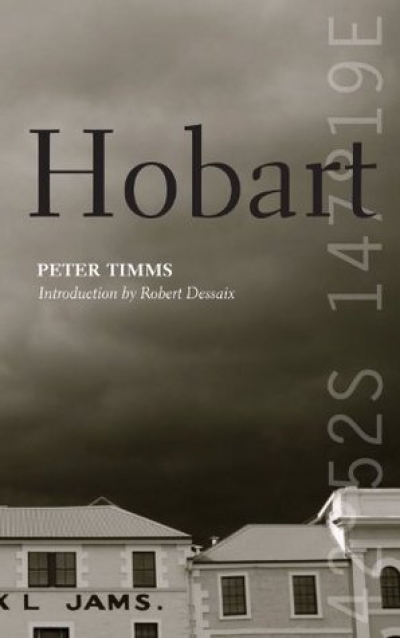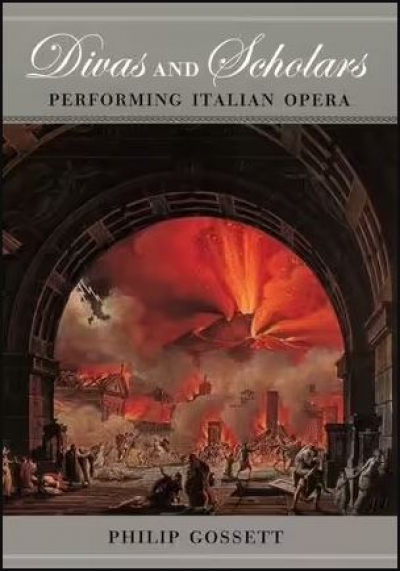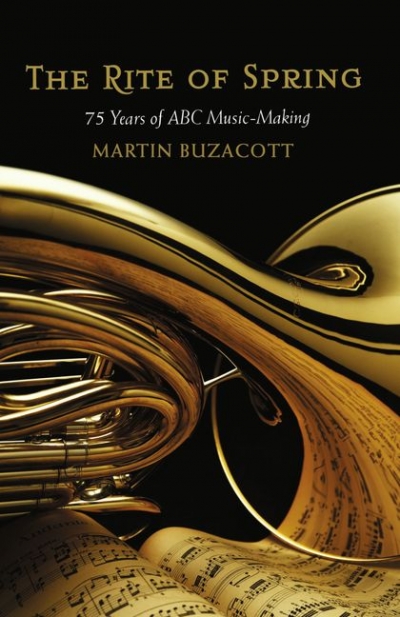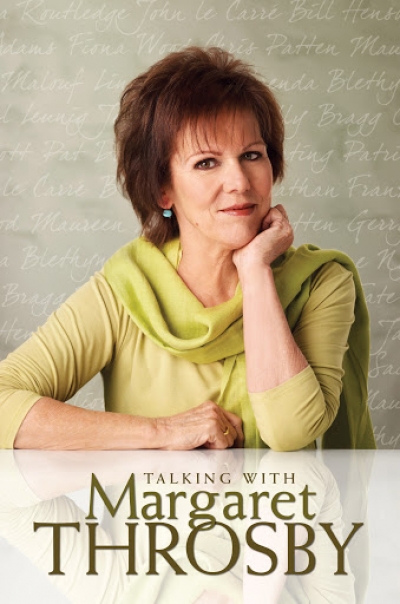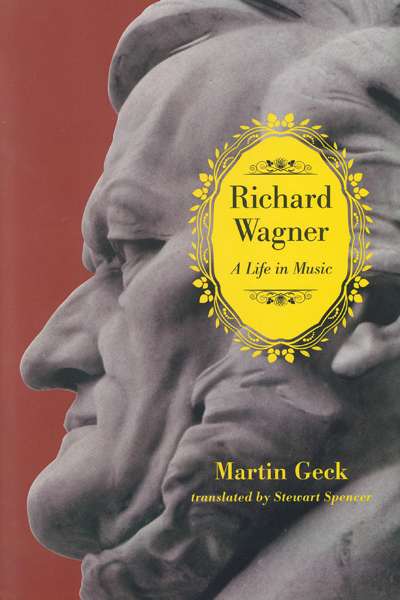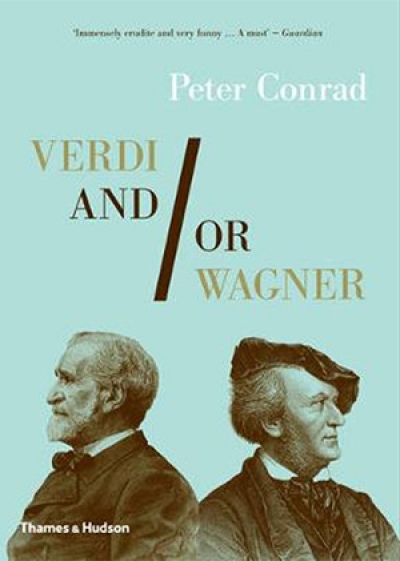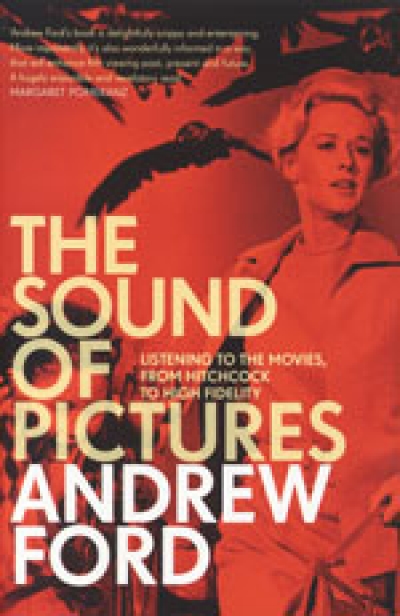Robert Gibson

Robert Gibson has lectured in music at the Sydney Conservatorium of Music, the University of Regensburg, and St Catherine’s College, University of Oxford. He has written for Opera Australia, State Opera of South Australia, Victorian Opera, Opera Queensland, Friends of the Barcelona Opera House (Gran Teatre del Liceu), Hamburg Symphony Orchestra, Wigmore Hall, Aldeburgh Festival, Snape Proms, ABC Classics, Australian Book Review, Limelight magazine, and many other organisations and publications. A graduate of the University of Oxford (DPhil), he is currently Publications Editor at the Tasmanian Symphony Orchestra.
Divas and scholars is the work of a scholar who is no stranger to the world of divas. Philip Gossett is a music professor at the University of Chicago and is principally in the business of preparing scholarly editions of nineteenth-century operas by Italian composers. We might think of the academic institution and the opera house as antithetical spaces, but Gossett is frequently called upon to adv ... (read more)
In the course of its seventy-five years, the ABC has maintained a variety of in-house live music ensembles, including symphony orchestras, radio choruses, dance bands, a show band, military band and string quartet. In its capacity as a concert agency, the national broadcaster has been responsible for touring an astonishing array of artists. Claudio Arrau, John Barbirolli, Thomas Beecham, Otto Klem ... (read more)
David Malouf, one of the subjects interviewed by Margaret Throsby in Talking with Margaret Throsby, recounts his childhood experiences as an eavesdropper. He reveals that by listening in on conversations between his mother and her women friends he learnt about a world that was otherwise off-limits to him. For devotees of Mornings with Margaret Throsby on ABC Classic FM, the experience might sound ... (read more)
English Mozart scholar Edward J. Dent once dismissed the libretto of The Magic Flute as ‘one of the most absurd specimens of that form of literature in which absurdity is regarded as a matter of course’. Michael Gow’s generally marvellous translation and adaptation of Emanuel Schikaneder’s libretto for Mozart’s final opera (or penultimate opera, depending upon how pedantic you want to be ... (read more)
After four days in the theatre, and just as many resting up between instalments, Richard Wagner’s Der Ring des Nibelungen ends with a big tune. Like most of Wagner’s themes, this one has been given a name: the ‘Redemption through Love’ motif. The name was not the work of the composer but of one of his acolytes, Hans von Wolzogen, and in its original German it is ‘Liebeserlösung’ which ... (read more)
Two contrary and paramount composers
Robert Gibson
Two households. Two household names. Verdi and Wagner. To the north of the Alps, Haus Wahnfried, the Wagner compound in the otherwise unremarkable Bavarian town of Bayreuth. To the south of the Alps, Sant’Agata, the Verdi farmhouse outside Busseto, a marshy and little-visited corner of Emilia-Rom ... (read more)
Claudia Gorbman, in her ground-breaking and much-admired book Unheard Melodies: Narrative Film Music (1987), invites us to imagine an alternative cinematic universe, one in which music has never played a part. Imagine if this were the norm, and imagine, after years of being accustomed to films in which music was absent altogether, attending a film such as the 1940s weepie Mildred Pierce and hearin ... (read more)

